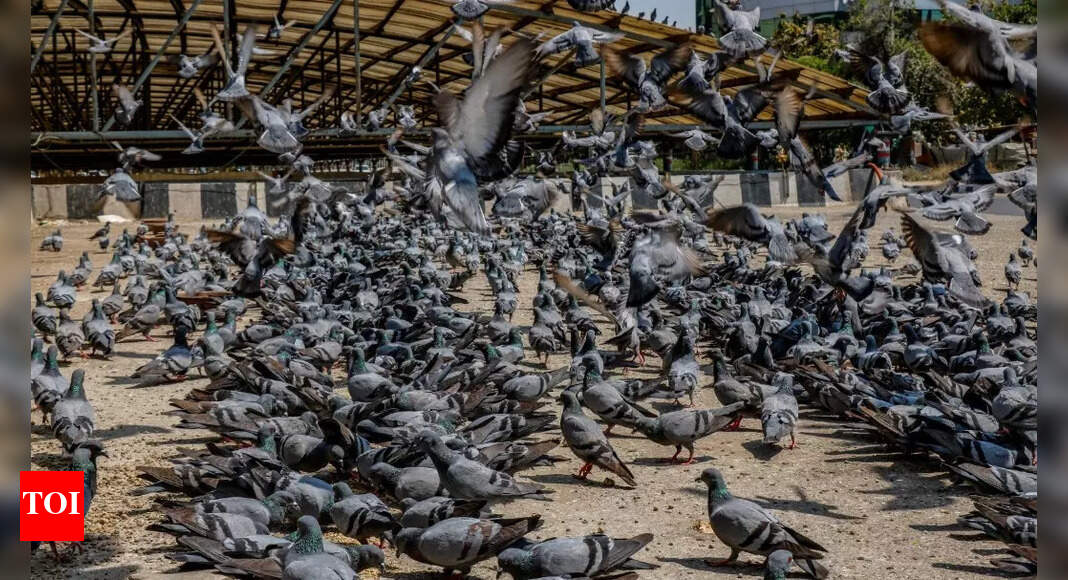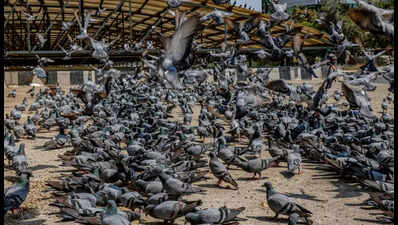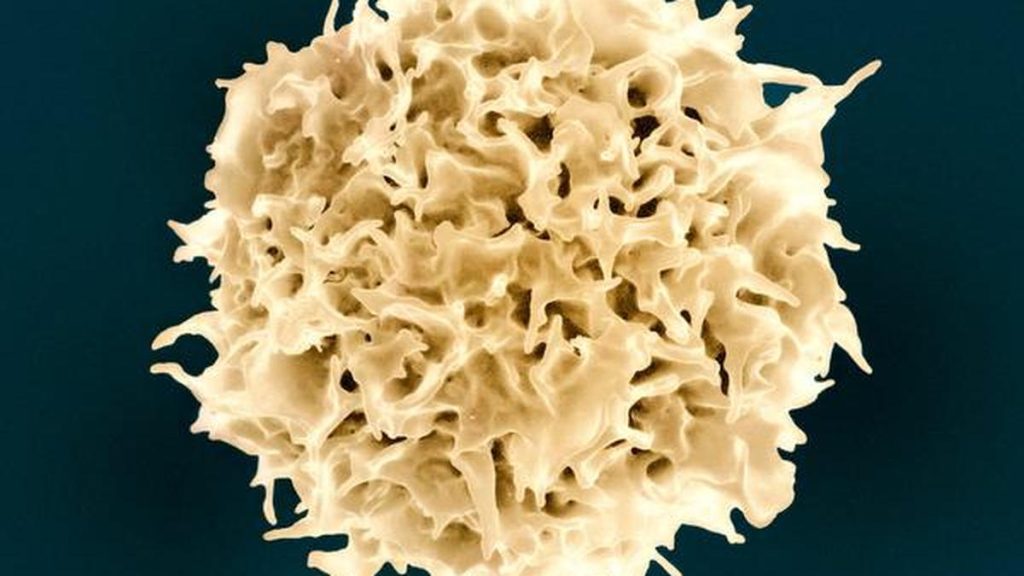Now Reading: Breathing Troubles? Pigeon Droppings May Be a Hidden Culprit
-
01
Breathing Troubles? Pigeon Droppings May Be a Hidden Culprit
Breathing Troubles? Pigeon Droppings May Be a Hidden Culprit

Quick Summary
- Medical Concern: Gurgaon reported a 30% rise in cases of hypersensitivity pneumonitis-a lung condition caused by immune overreaction too airborne allergens like pigeon droppings.
- Health Impact: Repeated exposure to pigeon droppings can lead to lung inflammation, chronic damage, and scarring. Symptoms include cough, breathlessness, chest tightness, and fatigue.
- Expert Recommendations: Early diagnosis using CT scans and blood tests is crucial. Treatment includes avoiding allergens, corticosteroids for severe cases, and respiratory exercises post-recovery.
- Population Growth Data: The Indian pigeon population has surged by over 150% between 2000 and 2023 according to the “State of India’s Birds” report.
- Urban Risk Factors: Urban density increases exposure due to pigeons adapting well to high-rise buildings. Feeding pigeons contributes heavily to their unnatural population spike near humans.
- Experts emphasize awareness campaigns about health risks from pigeons alongside efforts for ecological balance by discouraging feeding.

Indian opinion Analysis
The rise in hypersensitivity pneumonitis tied directly with urban practices raises serious concerns about public health management amidst rapid urbanization. India’s cities face dual challenges-addressing environmental disruptions caused by human activities and mitigating consequential health impacts. Pigeon-feeding habits exemplify unintentional interference with ecological systems that further propagate risks like respiratory diseases while sidelining native bird species.From a governance perspective: stricter regulation on practices like outdoor feeding may be required without stigmatizing cultural norms tied to wildlife compassion. Simultaneously occurring, public awareness campaigns stressing hygiene when dealing with birds or allergens are essential for mitigating immediate health issues among vulnerable populations such as the elderly or individuals with preexisting conditions. Concurrently addressing air pollution alongside specific triggers (such as animal waste) will create holistic solutions for pulmonary disorders rising across India’s urban centers.

























